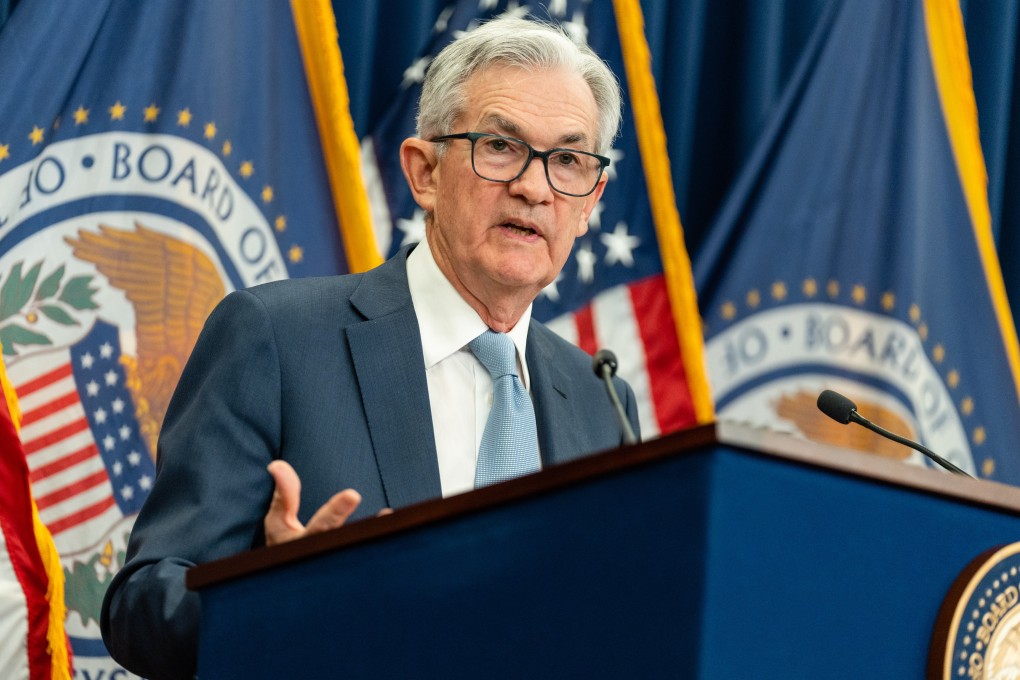US investors set to remain cool on China until after 2024 with ‘short-term return potential not optimistic’
- Number of deals involving US-based acquirers or investors related to Chinese targets decreased from 96 between January and November in 2021 to 45 last year
- Momentum is expected to return in 2024 amid an improving macro-environment, with the US presidential election set to take place in November next year

Geopolitical issues and high borrowing costs due to interest rate increases will continue to hamper the enthusiasm of US investors on making deals through merger and acquisitions, private equity and venture financing in China this year, according to industry insiders.
Figures from GlobalData, a London-based information services company, showed that the number of deal announcements involving US-based acquirers or investors related to Chinese targets decreased from 96 between January and November in 2021 to 45 during the same period last year.
But venture partners like Brian Buehling, who is also managing director at the Chicago-based technology firm Dakota Systems, said that the momentum will come back after 2024 when there is more clarity over the macro-environment, such as the completion of the US presidential election in November next year.
I’m not completely enthusiastic about deal activities in 2023 because US investors are waiting for economic stabilisation
“I’m not completely enthusiastic about deal activities in 2023 because US investors are waiting for economic stabilisation, especially regarding geopolitical issues and raising interest rates that lead to a higher borrowing cost,” Buehling said.
“The short-term return potential is not optimistic.”
Hopefully momentum will come back after 2024 when there is more global economic and geopolitical clarity, he continued, but “no meaningful progress” will be seen in the next 18 months.
An overall analysis by GlobalData indicated that a total of 14,937 deals were announced in the Asia-Pacific region in the first 11 months in 2022, representing a decline from 15,831 during the same period in 2021.